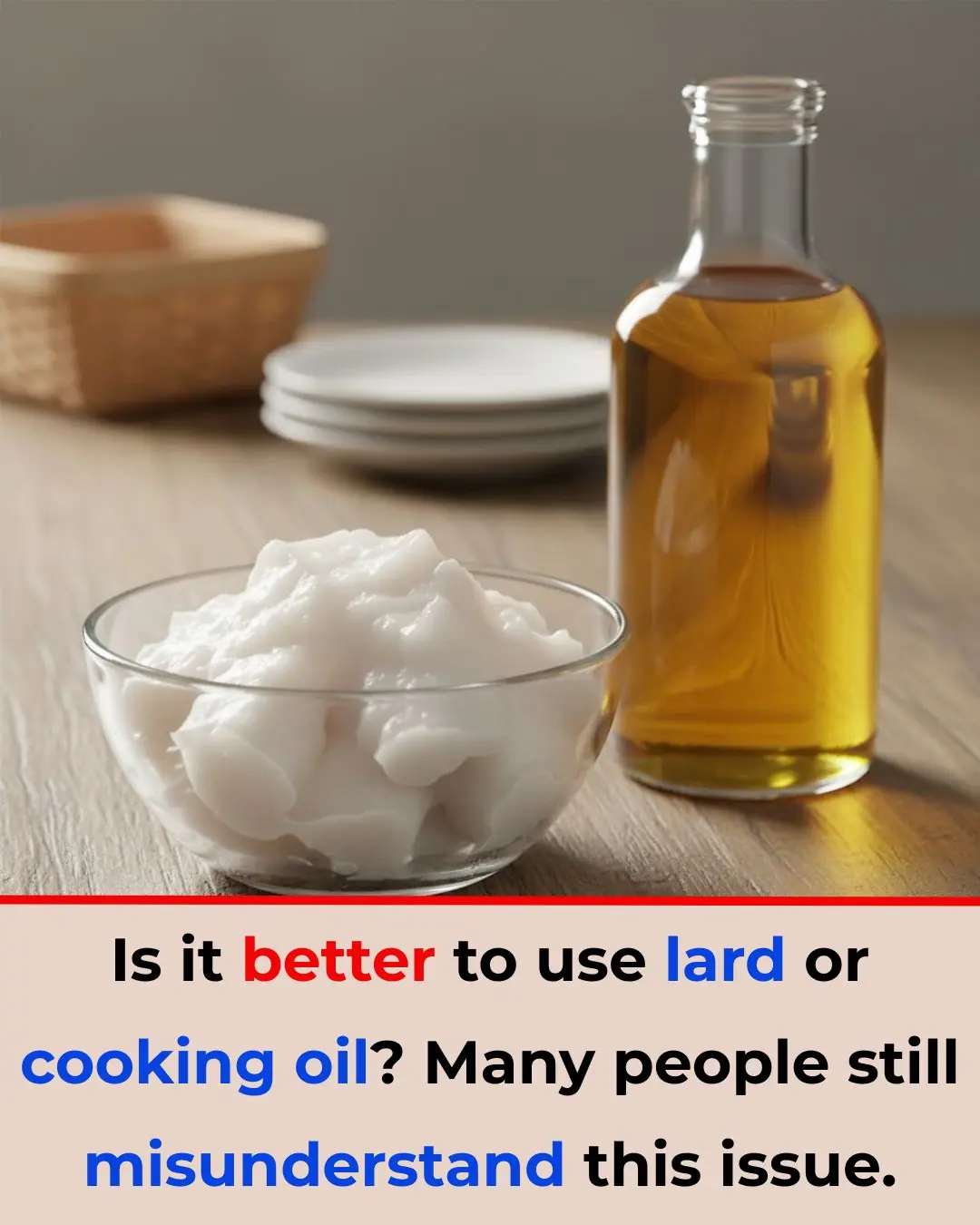
7 foods that you cook in one go and can't finish eating should be thrown away. Don't leave them in the fridge overnight or reheat them. Extremely harmful.
⚠️ Foods You Should Never Reheat — and Why They Can Be Dangerous
Many people think reheating leftovers is a convenient way to avoid waste, but not all foods are safe to reheat. In fact, some dishes can turn toxic or lose their nutrients when heated a second time. Below are common foods that may harm your health if reheated.
🍗 Chicken
Chicken is rich in protein, which makes it nutritious but also tricky to handle after cooking. When chicken is reheated, the protein structure changes — this process can make it difficult to digest and even cause mild food poisoning if the meat isn’t heated evenly.
It’s best to eat chicken right after it’s cooked. If you have leftovers, store them properly in the refrigerator and eat them cold in a salad or sandwich rather than reheating.
Tip: If you must reheat chicken, ensure the internal temperature reaches at least 75°C (165°F) to kill bacteria. However, doing this repeatedly will degrade both texture and nutrition.
🍄 Mushrooms
Mushrooms are highly nutritious and low in calories, but they spoil quickly once cooked. When reheated, the proteins and minerals inside mushrooms undergo chemical changes, producing harmful compounds.
Originally, cooked mushrooms contain nitrates, which are harmless and even beneficial for red blood cells. However, after sitting overnight, these nitrates can turn into nitrites, which are toxic in large amounts and may cause nausea, vomiting, and acute food poisoning.
Even small daily amounts of reheated mushrooms may damage the stomach lining and blood vessels over time, increasing the risk of digestive issues or cancer.
Best practice: Cook only what you need and avoid storing cooked mushrooms overnight.
🦞 Seafood
Seafood such as fish, shrimp, and shellfish are excellent sources of protein, vitamins, and minerals. But once cooked, they should never be reheated. When left for too long — even in the fridge — the protein starts to break down, producing harmful nitrogen compounds.
Reheating these proteins can lead to kidney and liver stress, and in severe cases, food poisoning. Always consume cooked seafood within three days and avoid reheating; instead, use cold leftovers in salads or sandwiches.
🥚 Eggs
Like poultry, eggs are packed with protein but are also highly sensitive to bacteria such as Salmonella and E. coli. Reheating cooked eggs, especially soft-boiled or runny eggs, may allow these bacteria to thrive.
Moreover, high temperatures cause egg proteins and fats to oxidize, releasing toxic compounds that irritate the stomach and intestines. Eating reheated eggs may lead to vomiting, nausea, and acute digestive upset.
Advice: Cook only the amount you plan to eat, and never reheat boiled or fried eggs that have been sitting for more than a few hours.
🥔 Potatoes
Potatoes are a staple food — affordable, filling, and versatile. However, reheating them can be dangerous. When cooked potatoes are left at room temperature for too long, bacteria such as Clostridium botulinum can grow and release toxins.
Reheating destroys some nutrients and increases the formation of harmful compounds, especially in fried or oily dishes like French fries or hash browns. Over time, these can irritate your stomach lining and may even increase the risk of gastric cancer.
Better alternative: Store leftover potatoes in the fridge and eat them cold in a potato salad rather than reheating.
🍚 Rice
Reheating rice is one of the most common causes of foodborne illness. Rice naturally contains spores of Bacillus cereus, a bacterium that can survive cooking. When rice is left out or stored improperly, these spores multiply and produce toxins that reheating cannot destroy.
Eating such rice can cause vomiting, diarrhea, and abdominal pain. If you must keep leftover rice, refrigerate it within one hour after cooking and consume it within 24 hours — cold, not reheated.
🫒 Cooking Oil
This one surprises many people: used cooking oil should never be reheated or reused. Oils such as olive, sunflower, canola, and flaxseed contain healthy omega-3 fats that are extremely sensitive to heat.
When heated above 190°C (374°F), they produce toxic aldehydes like HNE (4-hydroxy-2-trans-nonenal), which damage cells and promote heart disease, inflammation, and even stroke. Reheating oil repeatedly accelerates this process, making the oil rancid and harmful.
What to do instead: Use oil once, let it cool, and dispose of it safely. For frying, choose more heat-stable oils such as avocado oil or refined peanut oil, and avoid reusing them.
🧠 Final Thoughts
While reheating leftovers seems convenient, it can silently endanger your health. Many foods lose nutrients and develop harmful compounds when exposed to heat multiple times.
To stay safe:
-
Cook only what you can eat in one sitting.
-
Store leftovers in airtight containers within two hours.
-
If in doubt, throw it out — your health is worth more than a meal.
By understanding how heat affects different foods, you’ll not only protect your digestion but also preserve the true flavor and nutrition of every dish.
News in the same category


Miraculous: Placing an Orange Beside Your Bed Can Surprisingly Improve Your Health

Don’t Wash Black Moldy Wooden Cutting Boards with Soap: Try This Simple Method and Your Board Will Be Spotless in Just 5 Minutes

7 Ways How To Deal With A Cheating Husband

Just Add a Few Drops of This When Frying Eggs — They Puff Up Fluffy and Soft, Two Eggs Seem Like Four

Jasmine growing tips: 4 simple steps, flowers bloom all year round, hundreds of flowers in full bloom

Drinking purple perilla leaf juice at these 3 times is better than ten thousand tonics 👇👇👇

The 'miraculous' uses of fig leaves: A precious medicinal plant right in your garden

JUST MAKE BEAN SPROUTS THIS WAY, no need to water and in 2 days you will have white and delicious bean sprouts.

The refrigerator is leaking water and takes a long time to cool. She shows you how to fix it yourself in a moment, no need to call a technician.

‘Liver Protection’: A Simple But Effective Drink Proven by Science

Don't clean a dirty rice cooker with plain water: Use this to clean it, in 5 minutes it will be as clean as new

Stop Using Vinegar for Limescale — There’s a Better Natural Alternative
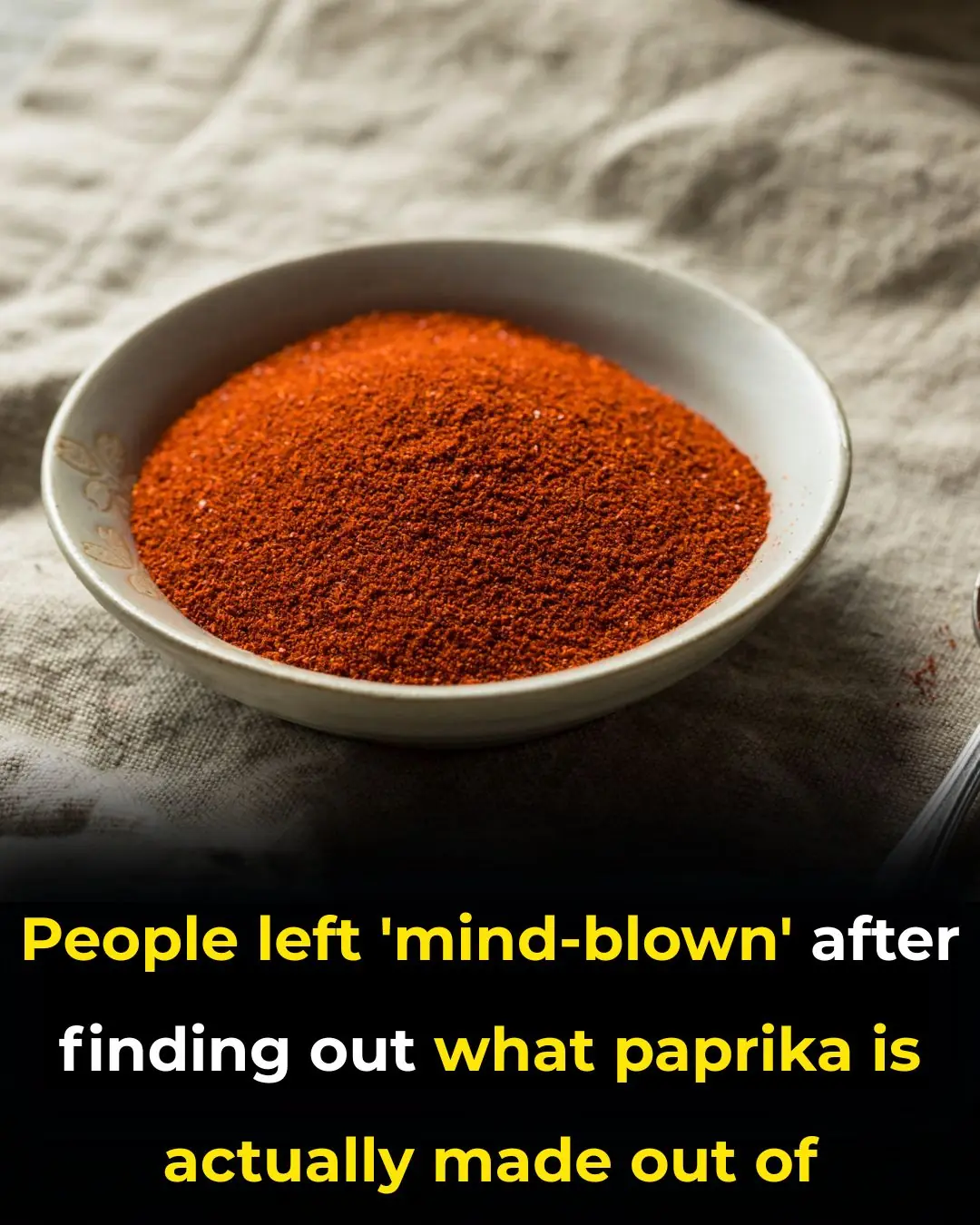
People Shocked to Find Out What Paprika is Actually Made From

10 perfect ways to prevent dampness and humidity in your home

How To Remove Set-in Grease Stains From Laundry

Putting garlic under your pillow not only keeps evil away, but also has many other health benefits

How to make bread with an air fryer, simple, crispy, fragrant and delicious
News Post

Ginger, Soursop, Sorrel, and Turmeric – The Miracle Drink

Kyllinga brevifolia (Rottb): Benefits and How to Use It
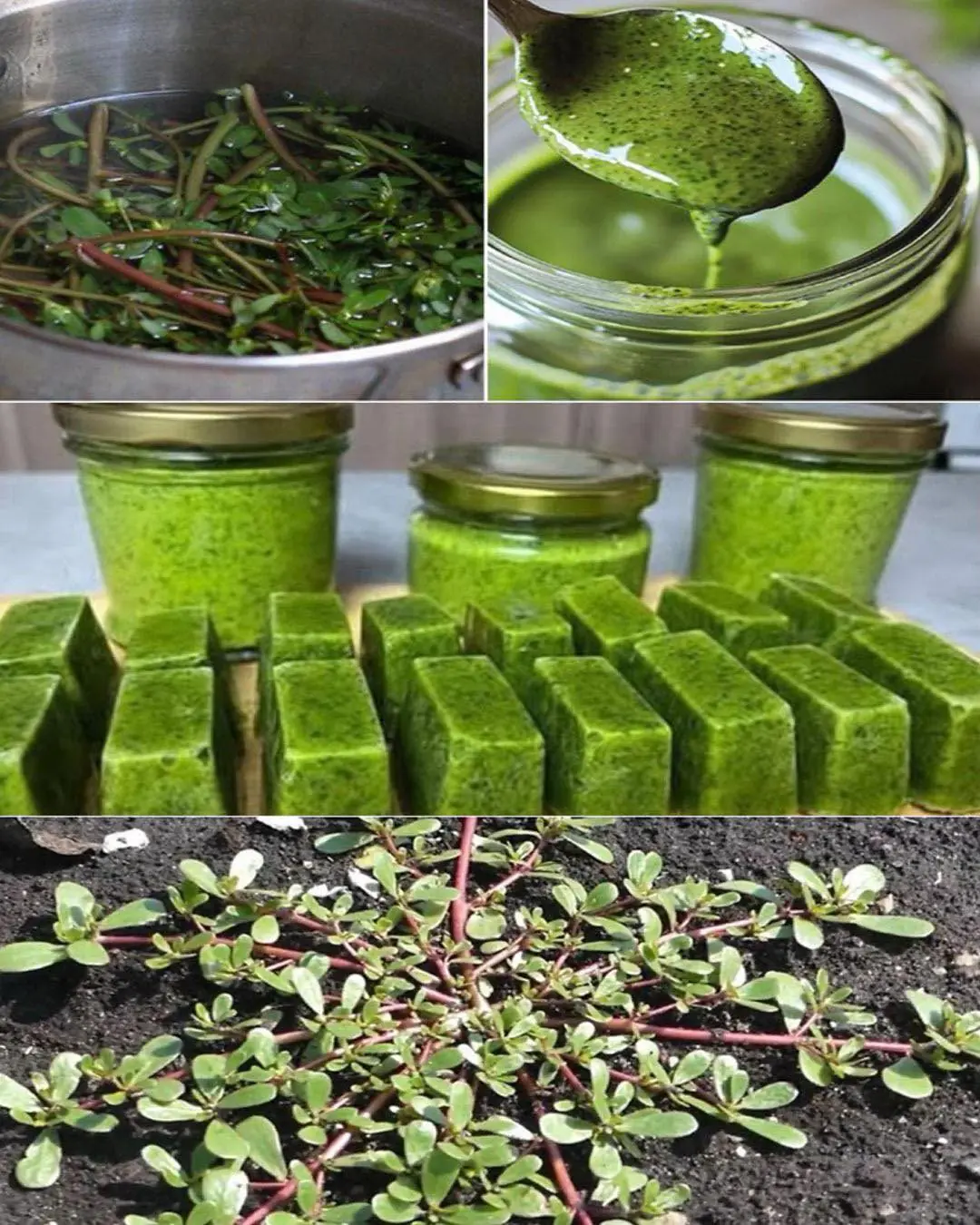
Purslane: The Superfood That Tastes Better Than Meat – 7 Reasons to Grow It in Your Garden

Papaya releases a milky sap, but most people don’t realize how important it is
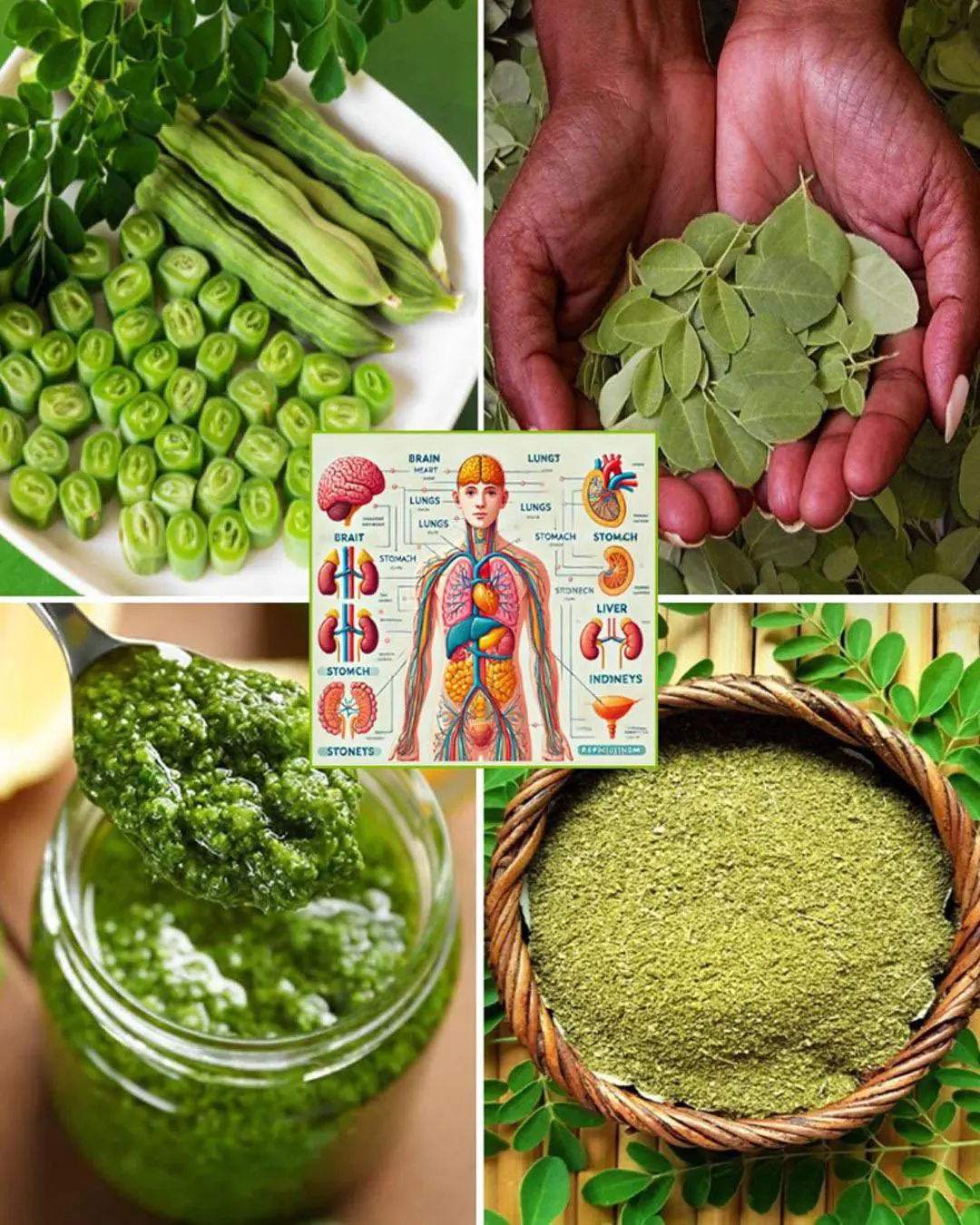
Discover The Miraculous Benefits of Moringa

Bryophyllum Calycinum (Kalanchoe Pinnata): Benefits and Uses
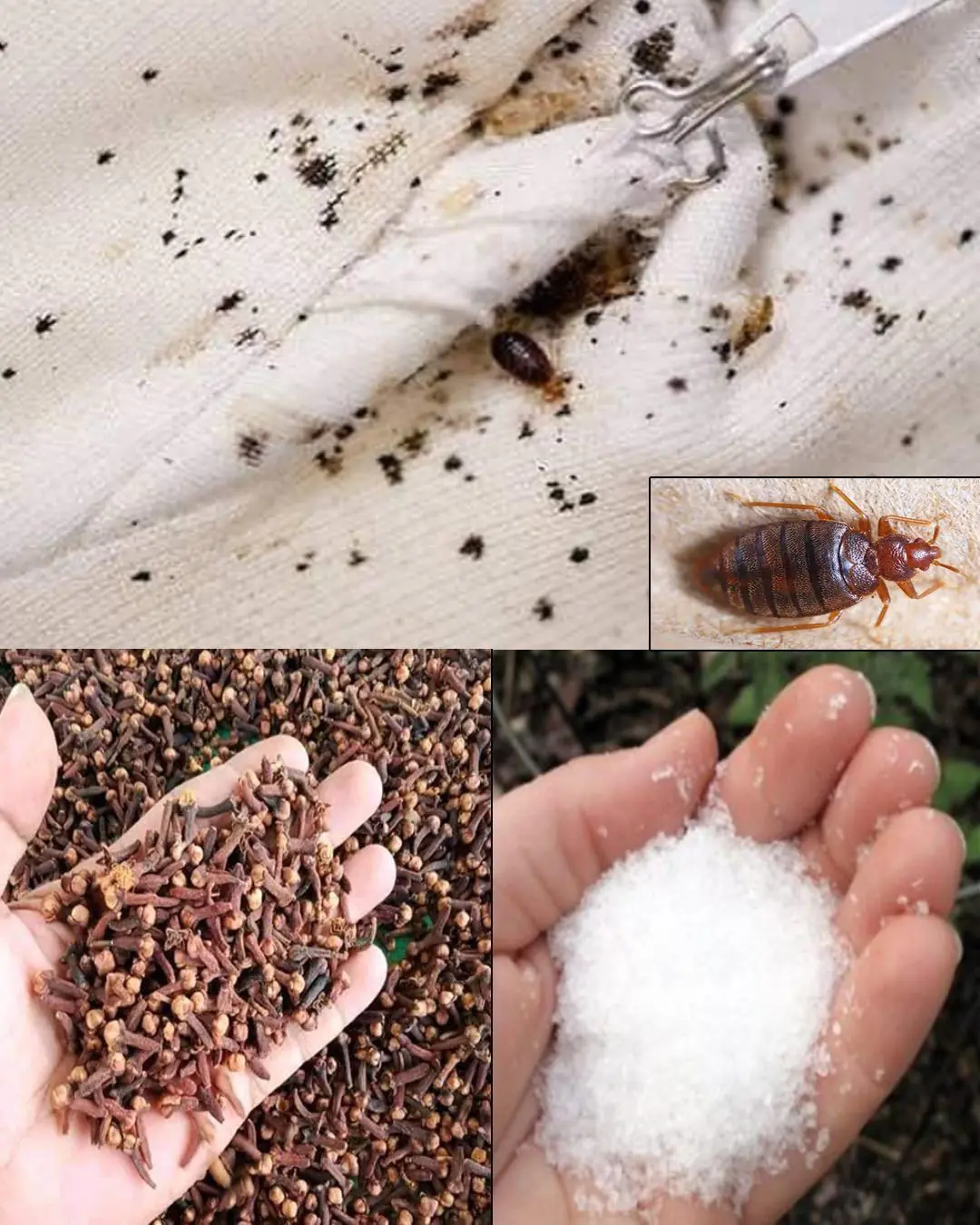
How to Quickly Get Rid of Bed Bugs, Cockroaches, Fruit Flies, and Other Insects Using Natural Ingredients

Fig Leaves: Surprising Benefits and Uses

BREAKING NEWS 🚨 Due To This Hunter’s Moon Earth Will Be Completely…See More

BREAKING NEWS 🚨 Due To This Hunter’s Moon Earth Will Be Completely…See More

BREAKING NEWS 🚨 Due To This Draconid Meteor Shower Earth Will Be Badly Effected Because…..See More

BREAKING NEWS 🚨 Due To This Hunter’s Moon Earth Will Be Completely…See More

Almost 30,000,000 Apple and Samsung users could claim part of huge £480,000,000 payout

Xbox users all say same thing following GameStop's decision to keep Xbox Gamepass at $19.99

Apple just added a new app to iPhone with iOS 26 and most people have no idea

Creators of ChatGPT reveal 44 jobs at highest risk of being taken over by AI in future

Lard vs. Cooking Oil: Which Is Better? Many People Still Misunderstand This Issue

Miraculous: Placing an Orange Beside Your Bed Can Surprisingly Improve Your Health

If You See Someone With Prominent Blue Veins, You Definitely Need to Tell Them This—It Could Save Their Life
